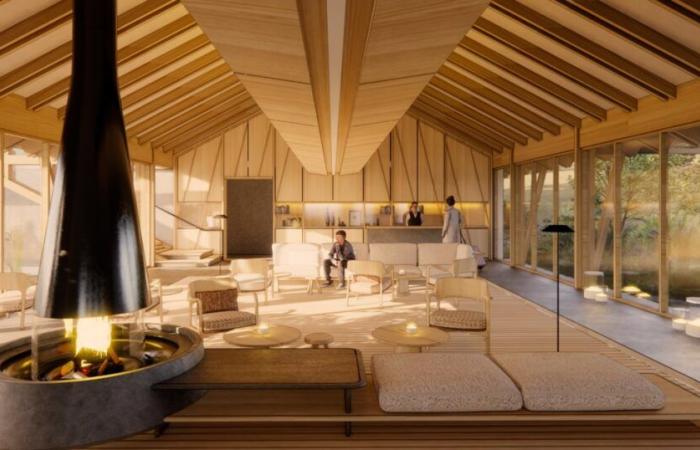Rarely has Alsatian Grand Cru experienced such agitation. Situated on a complex soil of marl, limestone and sandstone, the until now peaceful Osterberg is one of the three Grands Crus of the medieval town of Ribeauvillé, in the heart of wine-growing Alsace.
On the wine side, the reputation of this hillside facing the Black Forest owes a lot to the work of an inspired trio: the Cave de Ribeauvillé and its famous plantation in the Clos du Zahnacker, the Kientzler family and the Trimbach family since part of the famous Cuvée Frédéric Émile comes from this vintage. This terroir produces wines with a racy style, with a clear acidity, it is perfectly suited to Riesling, but not only that! The Trimbachs have just declared a Pinot Gris as Grand Cru Osterberg in the 2020 vintage. A historic first.
Haeberlin at Clos Saint-Vincent
This powerful and robust style, the polar opposite of wines made from granite, now attracts renowned winegrowers based further south of the Wine Route. Their goal? Expand and vary their range. Jean-Christophe Bott (Bott-Geyl estate) has taken over some plots on the Osterberg which he shares with John Boxler et Félix Meyer. Everyone vinifies Osterberg in their own domain… which annoys some Ribeauvillé winegrowers!
It is also in the heart of this exceptional terroir that the two-star chef of the Auberge de l’Ill, in Illhaeusern, Marc Haeberlin, with his children, bought Clos Saint-Vincent, an aging hotel-restaurant. A significant investment, more than 20 million euros, to completely redo the hotel-spa and obtain a 5-star classification. Beyond wines, the attractiveness of Ribeauvillé will now come through luxury hotels.
The Clos Saint-Vincent Haeberlin-style restaurant will focus on cooking over a wood fire and the cellar will undoubtedly be well stocked… with many Osterberg wines! The Parisian architectural firm Jouin Manku is in charge of this beautiful work, the opening of which is scheduled for 2027.






